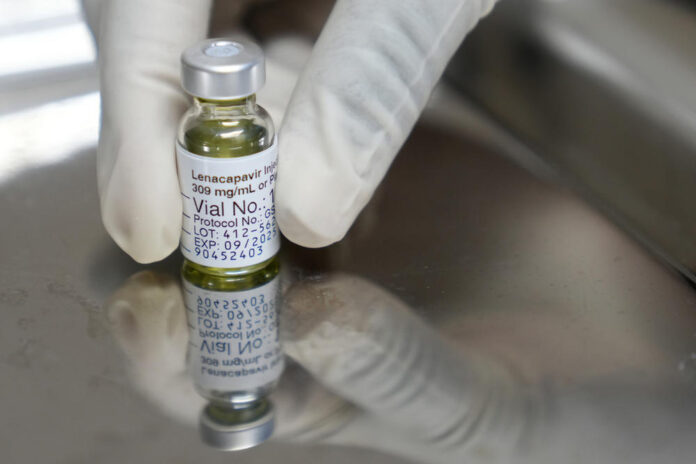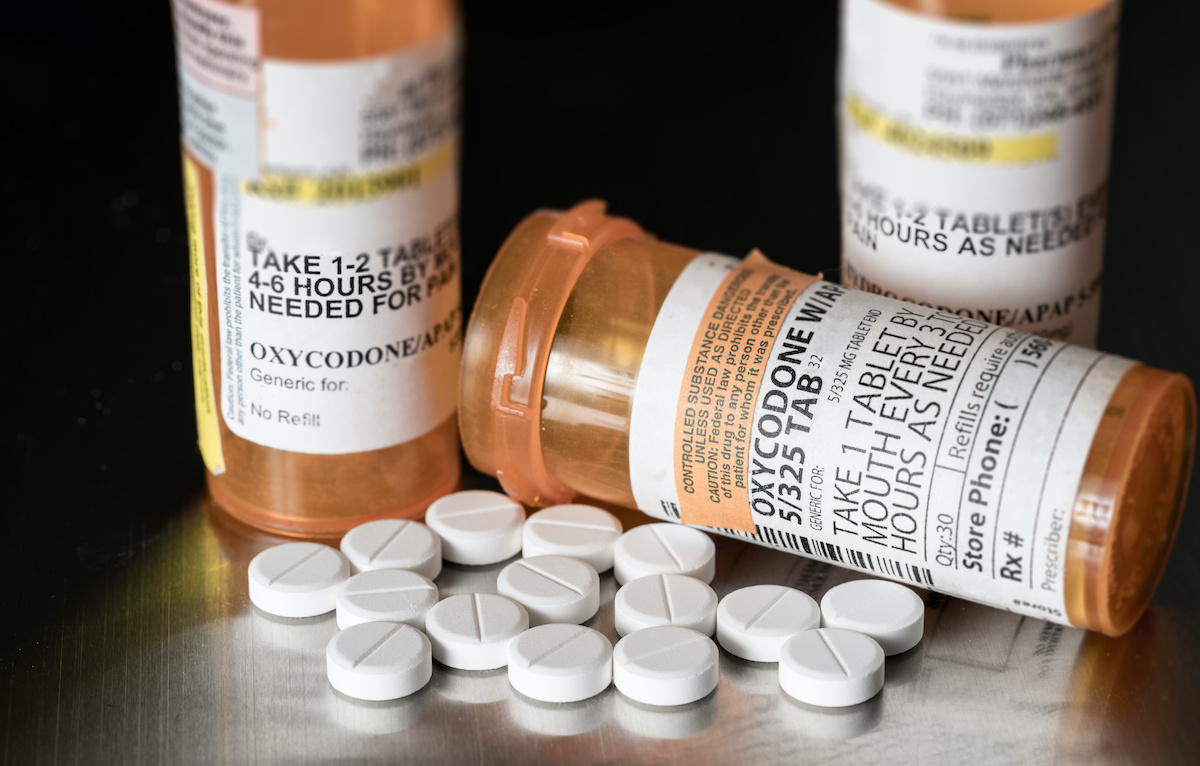
Despite the availability of two highly effective oral medications approved for pre-exposure prophylaxis (PReP), almost half of new HIV infections in the United States are reported in the South.
A Gilead-funded clinical trial led by physicians at Emory University and the Grady Health System shows a twice-yearly injection of Lenacapavir reduces the risk of HIV infection by 96%, and that may be helpful for those at risk who have issues adhering to taking medications by mouth every day, Valeria Cantos, associate professor in the School of Medicine at Emory University, physician at Grady Memorial Hospital and the principal investigator for the clinical trial at the Grady research site, said.
“So this offers a new choice for them to stay healthy that does not require them to take pills every day,” she said.
Additionally, where other studies have not included some populations at risk of HIV, this trial was as representative as possible, she said.
“The diversity is not only in terms of race and ethnicity but also in terms of gender identity and sexual orientation,” she said.
The inclusion of racially, ethnically and gender-diverse participants in the clinical trial was notable because it was representative of populations disproportionately impacted by HIV in real time. For example, the trial groups were comprised of cisgender men and gender-diverse people at 88 sites in Peru, Brazil, Argentina, Mexico, South Africa, Thailand and the U.S., according to the study, which also indicates that more than half of the new HIV infections nationwide in 2022 were among cisgender gay men, and 70% of those were among Black or Hispanic individuals.
Since the Phase III clinical trial has been completed and submitted by the FDA for consideration, researchers are hopeful that Lenacapavir may be approved by 2025 for commercial use, Dr. Carlos del Rio, chair of the Department of Medicine at Emory’s School of Medicine and co-director of the Emory Center for AIDS Research, said.
“The results of this study add to the armamentarium of novel tools for HIV prevention,” he said. “Long-acting antiretrovirals offer new hope for those who are not able to take oral medications. The challenge is now to roll out and make these tools available and accessible in an equitable way — only then we will see new HIV infections dramatically decreased locally and globally.”
This article comes to Now Habersham in partnership with GPB News






